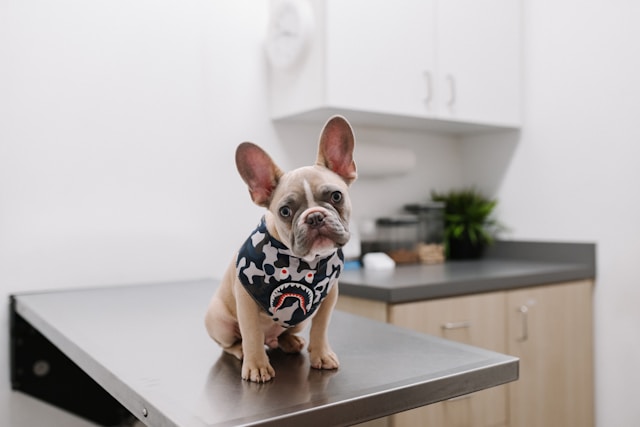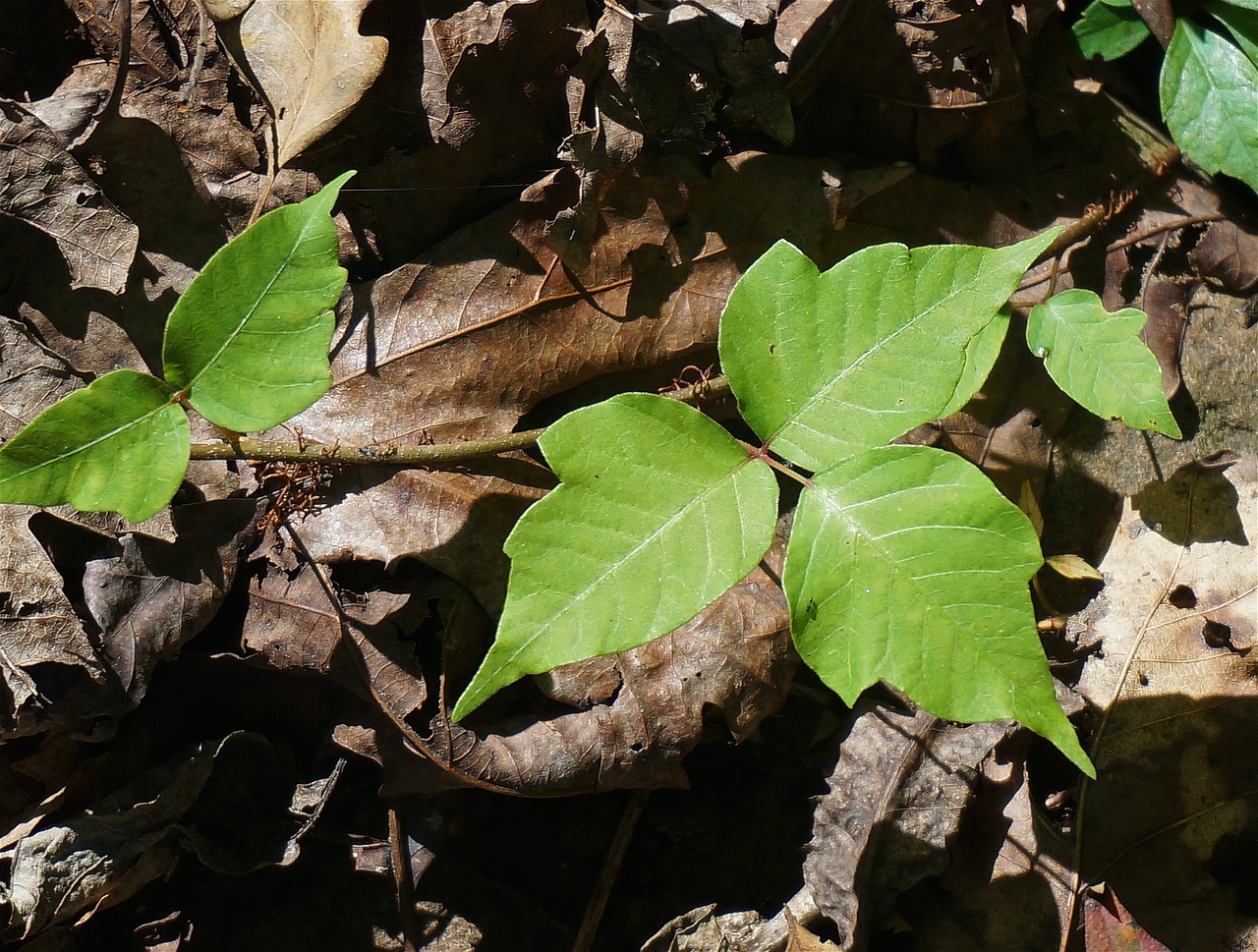Avocado and Its Effects on Pets

Exploring the Safety of Avocado Consumption for Dogs and Cats
Avocado, a fruit rich in potassium, fiber, and healthy fats, has roots in Central Mexico but thrives in tropical and Mediterranean climates. A single avocado tree can bear more than 500 avocados in a year.
Aztecs referred to avocados as the "fertility fruit," with an avocado dating back to 10,000 B.C. found in a Coxcatlan, Puebla, Mexico cave. This fruit enjoyed popularity long before becoming a staple at Super Bowl gatherings and summer barbecues.
Interesting Tidbits: Avocado outstrips bananas by 60% in potassium content and goes by alternative names like "alligator pear" and "butter fruit" in various regions worldwide.
Is Avocado Harmful to Dogs and Cats?
Here's the truth: Most parts of the avocado plant contain a lipid-soluble compound known as persin, believed to be the primary toxin. Persin is most concentrated in the avocado tree's leaves but can also be found in the soft, edible portion of the fruit, the fruit's seed, bark, and other plant components. Ingesting persin may lead to damage to mammary glands and the heart. Typically, persin poisoning is observed in livestock that consume the avocado tree's leaves, and certain pet bird species are also vulnerable.
But what about dogs and cats? Is persin toxic to them?
"Fortunately, avocado doesn't seem to pose a significant toxicity risk to dogs and cats," reassures Dr. Ahna Brutlag, a board-certified veterinary toxicologist and the director of veterinary services at Pet Poison Helpline.
"In most instances, small amounts of avocado are unlikely to lead to poisoning in dogs and cats," Brutlag clarifies. "The primary concern for dogs is the potential for foreign body obstruction when they swallow the avocado seed – it's quite large and can become lodged in the esophagus, stomach, or intestines. Additionally, the high-fat content in avocados can raise the risk of pancreatitis (painful pancreas inflammation) in dogs and cats."
Therefore, while dogs and cats can safely consume modest quantities of avocado, it's best to restrict their access to the fruit alone. Doing so can prevent accidental choking and the need for emergency surgery to remove the golf ball-sized pit from your pet's digestive system.
However, it's crucial to note that avocados should never be given to pet birds.
Pet Safety Concerns
Most veterinarians recommend a "better safe than sorry" approach when contemplating offering table scraps and foods typically reserved for human consumption to pets.
If you have any reservations regarding fruits, vegetables, or other foods intended for your pet, it's advisable to consult your veterinarian beforehand to prevent unintentional poisoning or gastrointestinal problems. Numerous foods have been identified as toxic to our beloved pets.
Get insurance plans with wide-ranging coverage options













